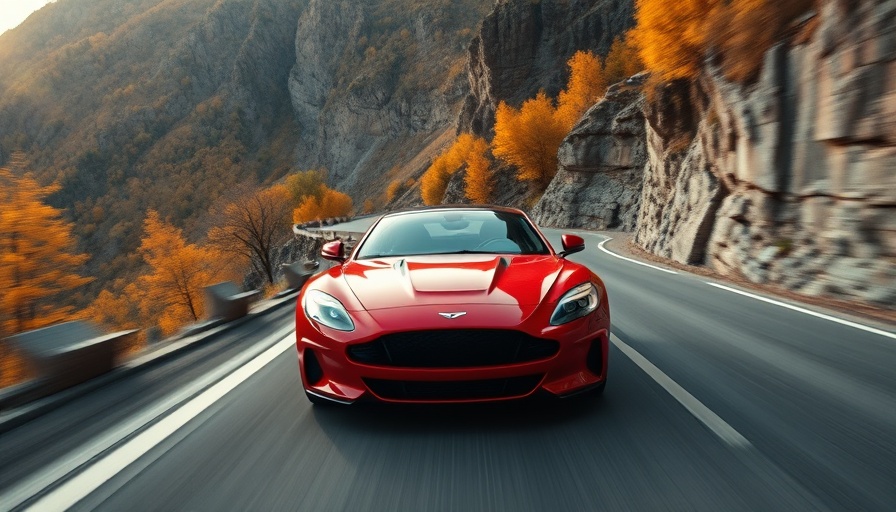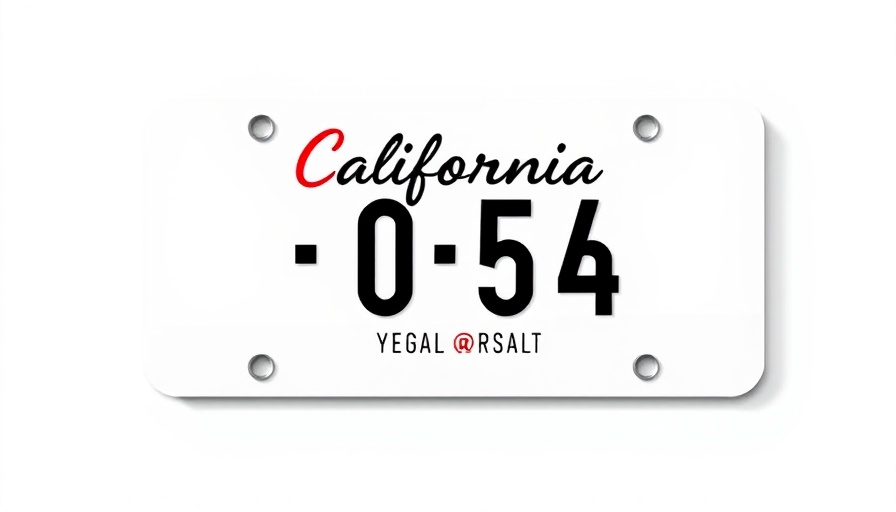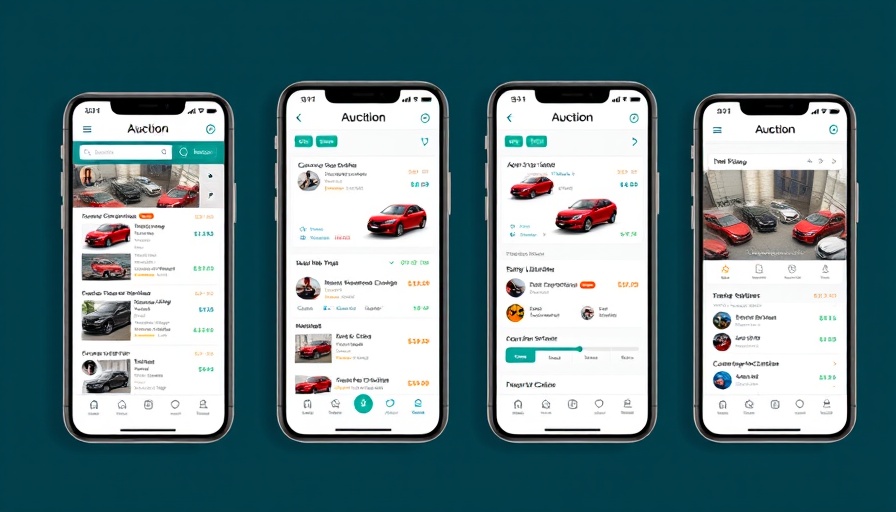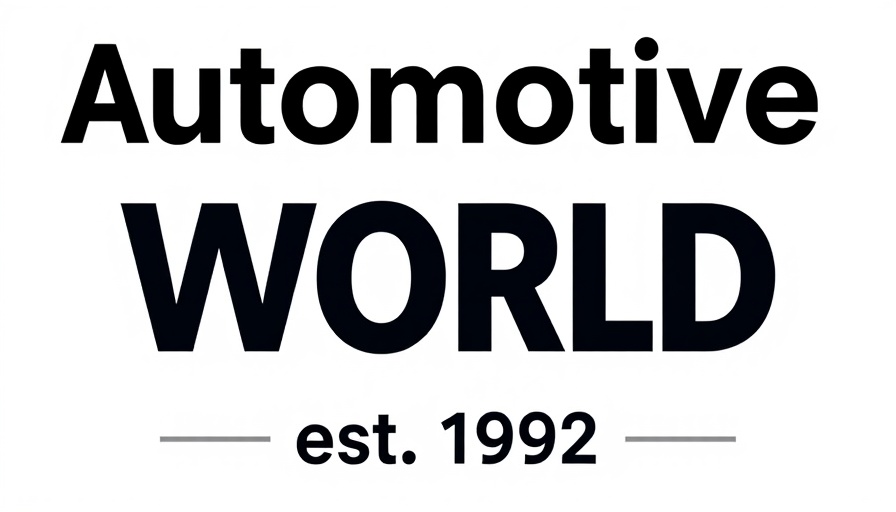
The Rise of Hybrid Vehicles: A Shift in Consumer Preferences
As the automotive industry continues its transformation, hybrids are emerging as the powertrain of choice for many drivers across the country. The recent Los Angeles Auto Show highlighted this trend, showcasing the growing acceptance and popularity of hybrid models among both automakers and consumers. Once considered a niche option, hybrids are now firmly entrenched in the mainstream, offering a practical middle ground for those not yet ready to fully commit to electric vehicles (EVs).
Understanding the Hybrid Evolution
Hybrids have come a long way since Toyota launched the groundbreaking Prius in 2000. Initial attempts by other manufacturers sometimes faltered, leaving consumers puzzled about the technology. However, a recent study by Consumer Reports indicates that today's hybrid powertrains boast remarkable reliability. Popular models, such as the Toyota RAV4 Prime and the Hyundai Elantra Hybrid, are not only reliable but also top choices for consumers who prioritize efficiency and performance.
Consumer Insights: Why Hybrids Are in Demand
Consumer insights play a crucial role in understanding the resurgence of hybrids. With a staggering 35.8% increase in hybrid sales in the first eleven months of 2024 over 2023, it's evident that manufacturers are meeting a mounting demand. Ed Kim, president of AutoPacific, advocates the appeal of hybrids, citing their fuel economy and performance as key factors hiding in plain sight for potential buyers.
Economic Factors Favoring Hybrids
The fluctuating price of gasoline has led consumers to rethink the advantages of hybrids. When gasoline soared over seven dollars per gallon, hybrids were seen as a more viable option compared to battery-electric vehicles (BEVs). As prices fall, consumers can enjoy similar operational costs with the added comfort of hybrid conveniences, such as fewer charging concerns.
Future Trajectory of Hybrid Tech
The future for hybrid powertrains looks promising, as manufacturers continue to invest in hybrid technology. With vehicles like the 2025 Toyota Camry offered exclusively as a hybrid, it has become increasingly evident that the acceptance of this technology marks a significant shift in consumer attitudes. Automakers are keenly aware of this newfound acceptance and are investing in hybrid models to ensure they cater to this evolving market.
Conclusion: Hybrid Vehicles Leading the Charge
With consumer preferences firmly leaning toward hybrids and a growing list of reliable models available, the automotive landscape is witnessing a fundamental transformation. As hybrids continue to carve out a significant niche in the market, dealership principals, general managers, and fixed operations directors must adapt to this trend to meet consumer demands and capitalize on the changing preferences.
 Add Row
Add Row  Add
Add 




Write A Comment